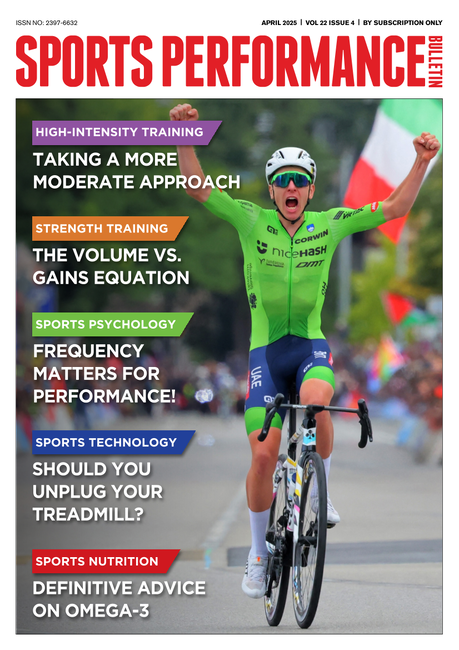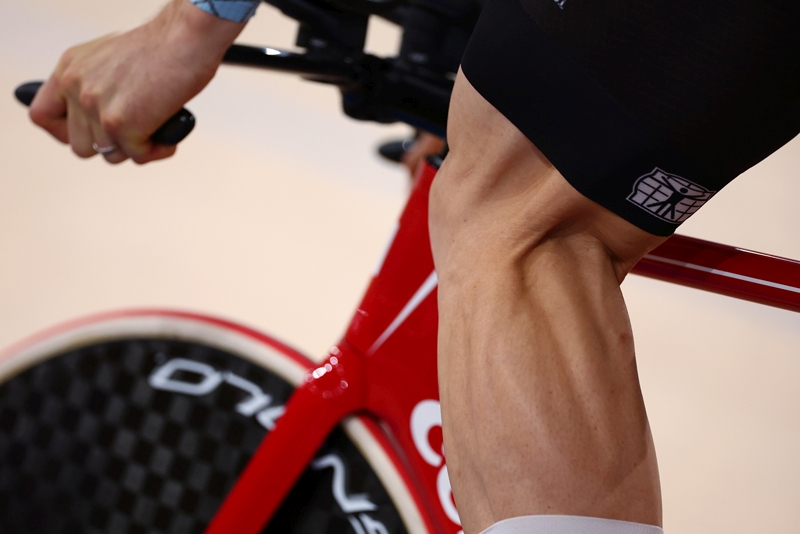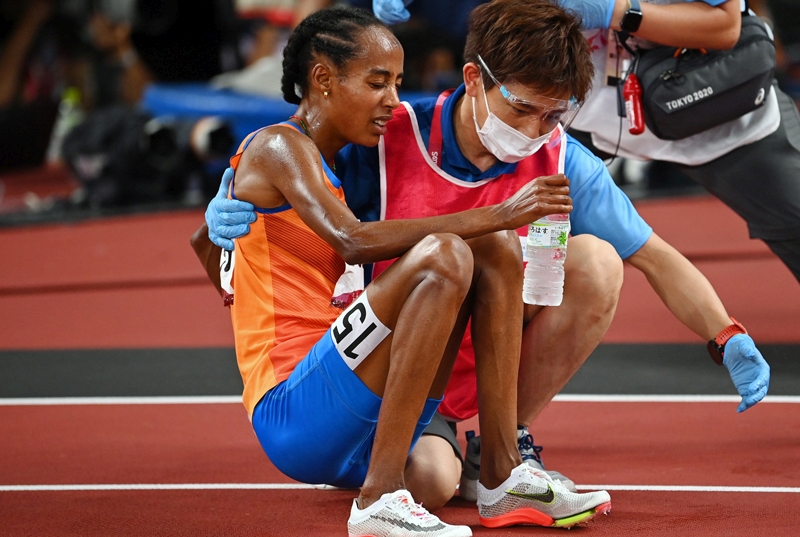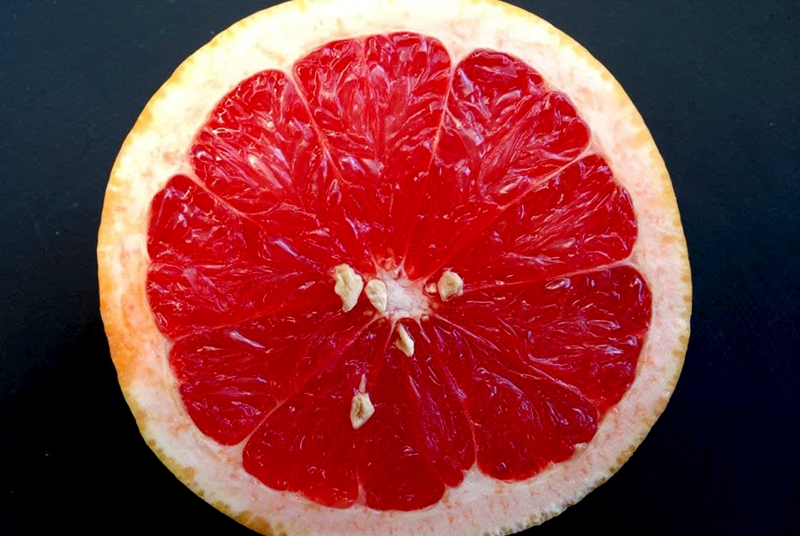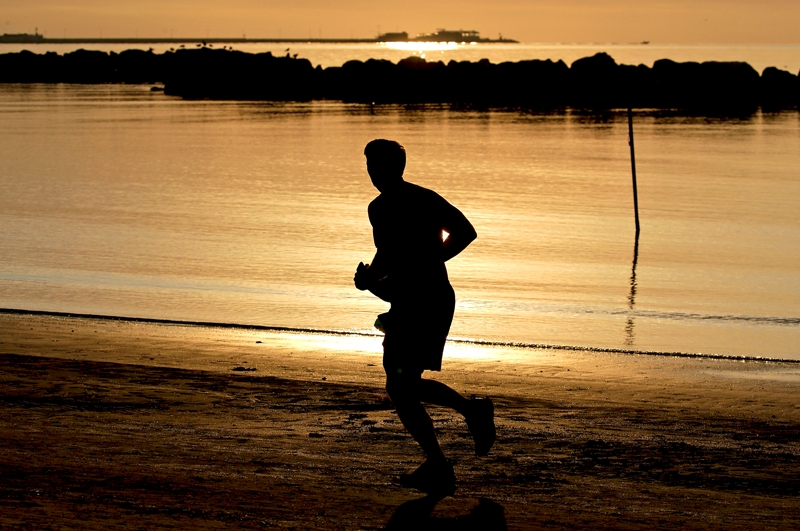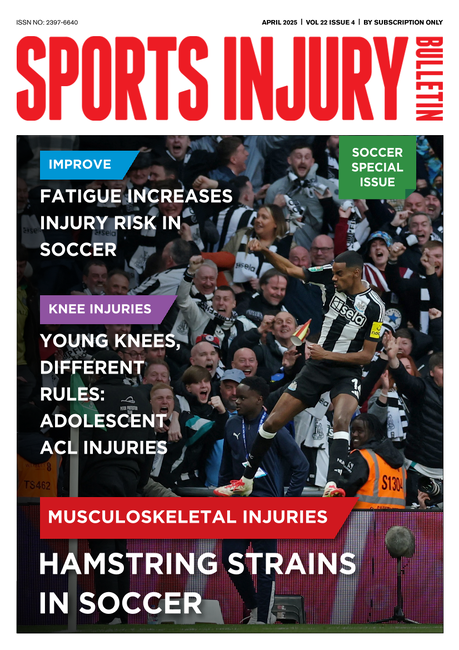Swimmers' immune systems
Swimmers' immune systems tumble in response to competition; glutamine doesn't help, but sugar does
Exhaustive exercise can suppress athletes' immune systems; for example, studies have shown that runners who complete a marathon are six times more likely to develop a respiratory-system illness than non-marathoners. However, exercise scientists haven't been sure whether sports like swimming and cycling are as immune-suppressive as running, or whether athletes could take preventative steps to minimise their immune-system downtums during and after their difficult exertions.At Aalborg Hospital in Denmark, scientists recently tested the effects of a high-intensity 5-K swimming race on immune-system function in eight elite male swimmers. The swimmers' lymphocyte concentrations (lymphocytes are key white blood cells involved in the immune response) increased immediately after the race but then tumbled two hours later, gradually returning to normal during the subsequent 24 hours. Two hours after the race, the lymphocytes were also less responsive,' meaning that they would probably react to invading pathogens less quickly. These results are almost identical to those observed in runners, suggesting that strenuous swimming has a similar depressing effect on the immune system.
A separate study carried out at the Free University of Brussels determined that glutamine supplements were unable to reverse the immune system's downward trend after a marathon. 18 males who participated in the 1993 Brussels Marathon had blood samples taken 30 minutes prior to the competition, 15 and 60 minutes after the race, and again on the following day. Half of the subjects consumed a glass of water containing five grams of glutamine 15 minutes after the marathon, and again 45 minutes later, while the other half swallowed a placebo. Glutamine is an important amino acid which is thought to boost immune-system activity.
Immediately after the marathon, the runners' lymphocytes decreased by 30 per cent, and their 'natural killer' cells (special white blood cells which directly attack pathogens) dipped by 85 per cent, changes which persisted until the following day. Glutamine was unable to prevent these negative changes. Other studies have suggested that glutamine and its close relatives, the branched-chain amino acids, might be helpful in preserving immune system vigour in athletes engaged in heavy training, but it's clear that this protective effect, if it is real, is not the result of glutamine's preservation of normal immune-cell numbers.
Although glutamine failed to enhance immune-system activity in the Belgian study, recent Japanese research suggests - strangely enough - that the intake of sugar during exercise can preserve immune-cell functioning. At Tohoku University, six triathletes rode exercise cycles for as long as possible while maintaining average heart rates of 150 beats per minute. On one occasion, the athletes ingested plain water as they exercised; on a separate date, they ingested 3-4 ounces of a 25-per cent glucose sports drink every 30 minutes.
Use of the glucose sports beverage boosted endurance time from 208 to 300 minutes, and it also prevented white blood cells from 'failing' during exertion (when a white blood cell fails, it is unable to respond to an invading infectious organism). The ingenious Japanese research showed that the increase in white blood cell numbers which occurs DURING exercise is an adaptive response to preserve immune-system operations as increasing numbers of white cells begin to malfunction.
Since the intake of carbohydrate during exercise helps to maintain white-cell functioning, carbohydrate intake during exercise really has a dual role: it promotes better endurance, and may reduce your risk of getting ill once your effort is over.
You need to be logged in to continue reading.
Please register for limited access or take a 30-day risk-free trial of Sports Performance Bulletin to experience the full benefits of a subscription. TAKE A RISK-FREE TRIAL
TAKE A RISK-FREE TRIAL
Newsletter Sign Up
Testimonials
Dr. Alexandra Fandetti-Robin, Back & Body Chiropractic
Elspeth Cowell MSCh DpodM SRCh HCPC reg
William Hunter, Nuffield Health
Newsletter Sign Up
Coaches Testimonials
Dr. Alexandra Fandetti-Robin, Back & Body Chiropractic
Elspeth Cowell MSCh DpodM SRCh HCPC reg
William Hunter, Nuffield Health
Keep up with latest sports science research and apply it to maximize performance
Today you have the chance to join a group of athletes, and sports coaches/trainers who all have something special in common...
They use the latest research to improve performance for themselves and their clients - both athletes and sports teams - with help from global specialists in the fields of sports science, sports medicine and sports psychology.
They do this by reading Sports Performance Bulletin, an easy-to-digest but serious-minded journal dedicated to high performance sports. SPB offers a wealth of information and insight into the latest research, in an easily-accessible and understood format, along with a wealth of practical recommendations.
*includes 3 coaching manuals
Get Inspired
All the latest techniques and approaches
Sports Performance Bulletin helps dedicated endurance athletes improve their performance. Sense-checking the latest sports science research, and sourcing evidence and case studies to support findings, Sports Performance Bulletin turns proven insights into easily digestible practical advice. Supporting athletes, coaches and professionals who wish to ensure their guidance and programmes are kept right up to date and based on credible science.


